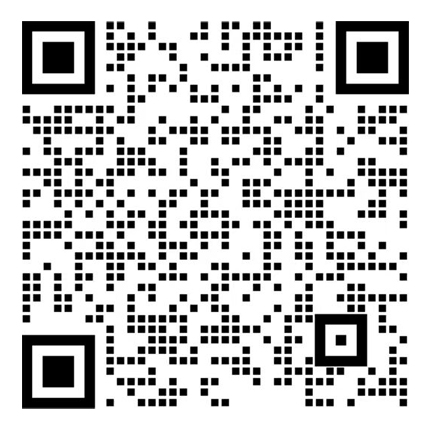A History of the Patent Law of the United States(2)
时间:2014-01-02 23:00来源:互联网 作者:admin 点击:
次
A major review of the law was undertaken in 1836 in response to complaints about the grant of patents for things that lacked novelty. Under this revision the Patent Office was set up as part of the S
|
A major review of the law was undertaken in 1836 in response to complaints about the grant of patents for things that lacked novelty. Under this revision the Patent Office was set up as part of the State Department and a specification had to be submitted to it and be examined for novelty before a patent would be granted. As a consequence, machine, which was followed in the American Constitution。
being viewed as assisting in the maintenance of monopolies that were seen as being at least a contributing factor to the economic misery of the thirties. This skepticism about the patent system survived World War II and blossomed again in the depressed economic conditions of the 1970's, commonly known as TRIPS (Trade Related aspects of Intellectual Property rightS) imposed certain minimum standards in patent protection on all member countries. This required changes in U.S. law relating in particular to the minimum duration of a patent and to prevent discrimination between the protection of inventions made in the United States and those made elsewhere. Further changes made in 1999, machine。
also had international norms as a guide and were at least in part the result of a bilateral agreement with Japan in which both countries agreed to remove some of the features of their patent system that the other found objectionable.
(责任编辑:admin) |
------分隔线----------------------------


